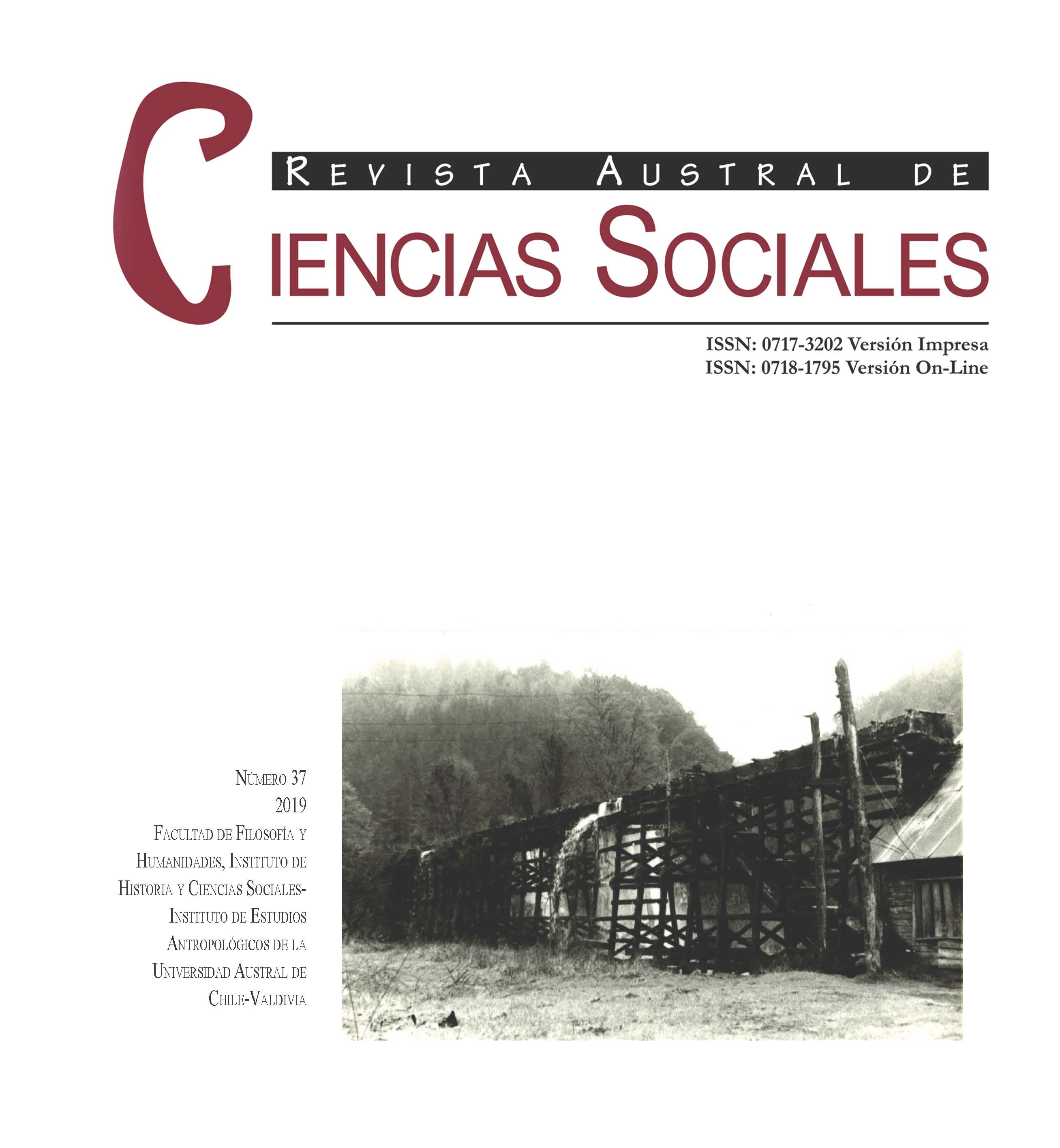Political consequences of socio-territorial conflicts. Toward an adequate conceptualization
Main Article Content
Abstract
Our aim is to propose a relevant conceptualization about how socio-territorial conflicts are producing political consequences, based on evidence from countries of the Andean Region, to make possible comparative research. The political institutional field, public policies and power relations between the actors of the conflict in two areas -within the territory (local scale) and beyond the territory (several scales) - are analyzed. Cases are examined from secondary sources and methodologies used to build databases are discussed. Conflict actors are more diverse and present less organizational weight than traditional social movements but, at the same time, they exercise mediation roles, previously fulfilled by formal organizations such as political parties. Consequences do not arise from a particular conflict, but mainly from its accumulation and combination with elements of the political environment. New forms of politicization around these conflicts emerge: new actors in non-traditional places and in the absence of traditional political mediators. The shift from the local to the national and the international does not operate as a progressive scale, but as a multi-scale and socio-institutional dynamic, which is better understood with the notion of conflict than with social movements.

